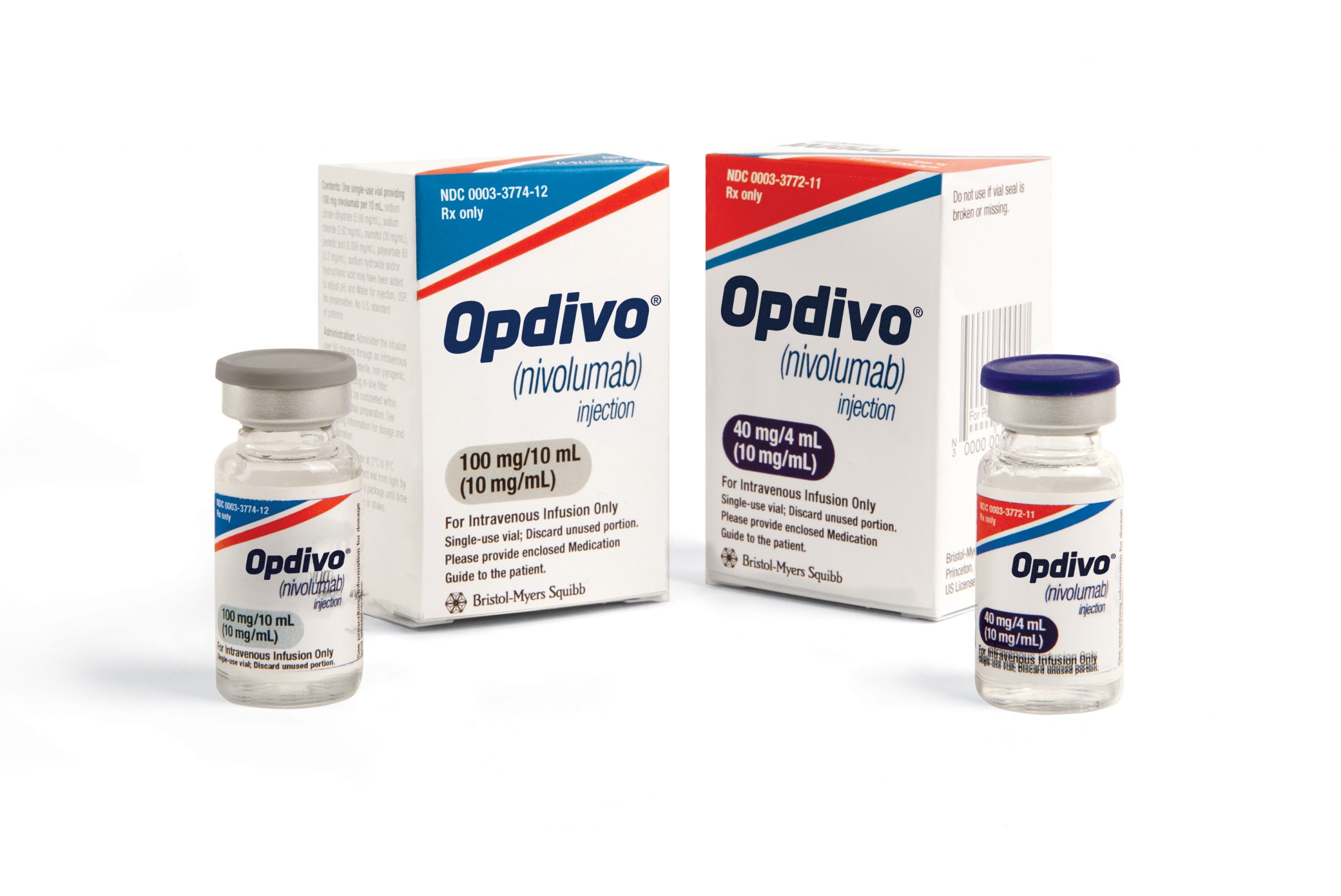EU regulators back BMS' Opdivo in new skin cancer use

Bristol-Myers Squibb’s cancer immunotherapy Opdivo is likely to gain another use in Europe after regulators recommended it after surgery for skin cancer.
The European Medicines Agency’s CHMP scientific committee recommended Opdivo (nivolumab) for approval in adults with melanoma, with involvement of lymph notes or metastatic disease, who have undergone complete resection.
BMS is competing against Merck & Co and its rival PD-1 inhibitor blockbuster, Keytruda (pembrolizumab), which has gained a foothold in the lucrative first-line lung cancer use, where Opdivo has struggled to produce convincing trial results.
But in this case BMS has stolen a march on Merck, as this is the first time that a PD-1 class drug has been recommended by the CHMP as an adjuvant.
The European Commission usually nearly always marketing authorisations within a few months of a CHMP decision – so BMS will be gearing up for a new launch in an indication where there is no competition from Keytruda.
The CHMP’s recommendation is based on data from the ongoing phase 3 CheckMate-238 trial testing Opdivo against BMS’ already approved CTLA4 class immunotherapy Yervoy, in patients whh have undergone complete resection of stage IIIB/C or stage IV melanoma.
The US FDA has already recommended approval of the drug in this indication in December.
Arvin Yang, development lead, melanoma and genitourinary cancers at BMS said: “This positive opinion supports the potential of Opdivo in the adjuvant setting to prevent relapse and progression to an advanced stage.”
“We look forward to the upcoming EC decision and the potential opportunity to bring immuno-oncology treatment options to more patients across the EU.”
The CHMP also confirmed already-announced decisions to withdraw filings for Opdivo in liver and colorectal cancer because of lacklustre trial results
BMS has decided improve efficacy by combining the drug with Yervoy and Novartis’ Mekinist (trametinib) to produce better results in liver cancer, rather than as a monotherapy.












